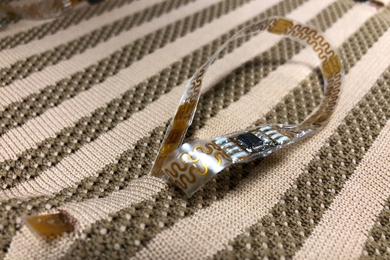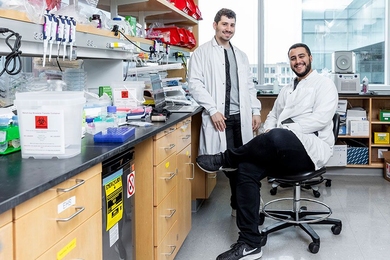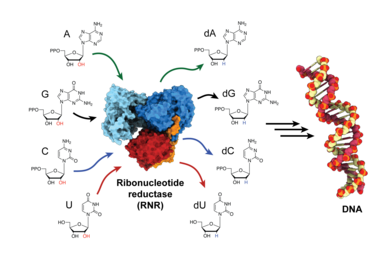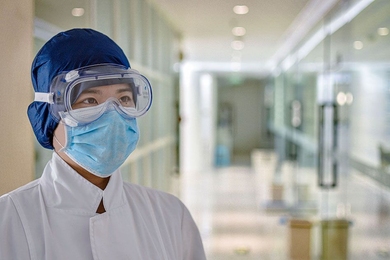Associate Professor Amy Moran-Thomas receives the 2020 Levitan Prize in the Humanities
The award will support the MIT anthropologist's research on the cultural dimensions of climate denialism.
Sensors woven into a shirt can monitor vital signs
Comfortable, form-fitting garments could be used to remotely track patients’ health.
Model quantifies the impact of quarantine measures on Covid-19’s spread
A machine learning algorithm combines data on the disease's spread with a neural network, to help predict when infections will slow down in each country.
3Q: Robert Macfarlane on cleaning your smartphone screen
Materials scientist explores why some household cleaners could harm the protective coating on a smartphone screen.
3 Questions: How Covid-19 tests work and why they’re in short supply
MIT scientists Omar Abudayyeh and Jonathan Gootenberg explain the current state of Covid-19 testing, and how a CRISPR tool may help solve the supply problem.
Accelerating data-driven discoveries
Life science companies use Paradigm4’s unique database management system to uncover new insights into human health.
MIT initiates mass manufacture of disposable face shields for Covid-19 response
A team from MIT has designed disposable face shields that can be mass produced quickly to address hospitals’ needs nationwide.
Newly discovered enzyme “square dance” helps generate DNA building blocks
MIT biochemists can trap and visualize an enzyme as it becomes active — an important development that may aid in future drug development.
Scene at MIT: Donations of personal protective equipment ready for local hospitals
Labs across campus respond to a call; MIT sends thousands of items directly to area hospitals in need.
3 Questions: The risks of using 3D printing to make personal protective equipment
Professor Martin Culpepper provides caution on the use of 3D printing to make masks and other PPE for individuals on the front lines of the Covid-19 crisis.
MIT makes plans for a quieter campus
With thousands now working and learning off-campus, the Institute aims to consolidate its footprint and conserve resources.
MIT community encouraged to respond to request for personal protective equipment
Area hospitals in need of PPE look to university labs and departments for donations.














